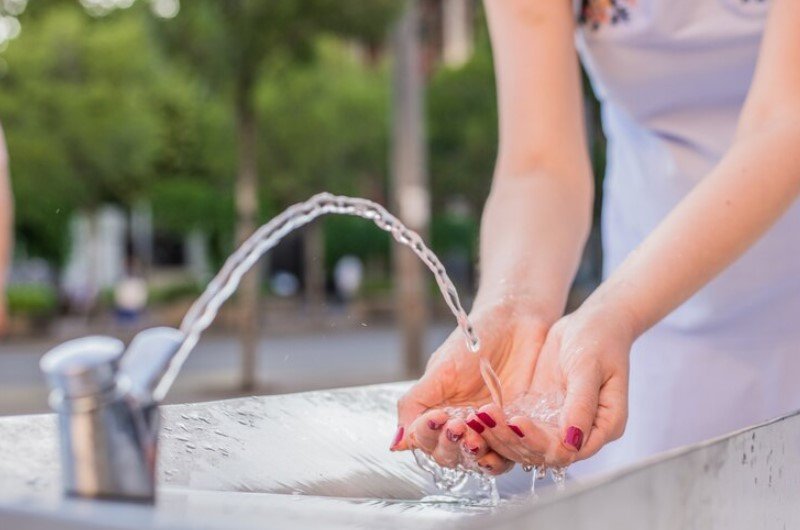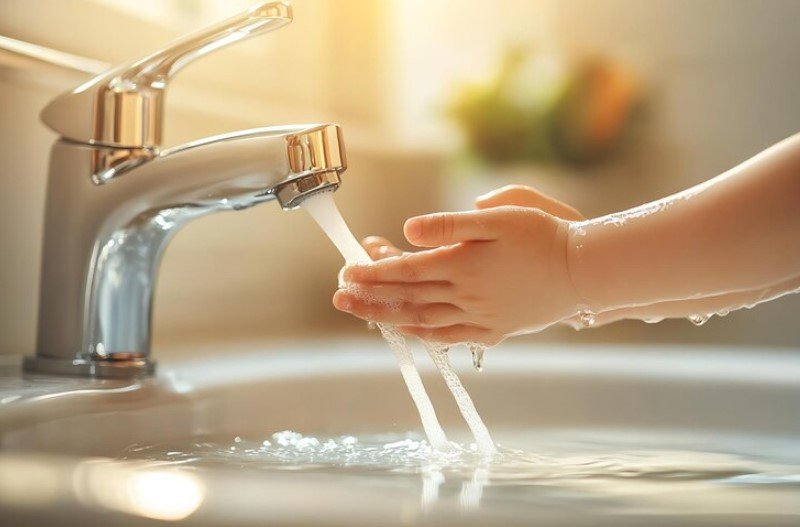Water is a fundamental resource essential for life, and ensuring its safety for consumption is paramount. In the case of New Orleans, a city with a rich history and unique environmental challenges, the safety of tap water has been a subject of scrutiny and concern. This article delves into the intricacies of New Orleans’ tap water quality, examining its history, treatment processes, current standards, common contaminants, health implications, public perception, and recommendations for residents.
History of Tap Water Safety in New Orleans
New Orleans has a complex history with its water supply, marked by periods of both challenges and improvements. Hurricanes, notably Katrina in 2005, highlighted vulnerabilities in the city’s water infrastructure, leading to widespread concerns about contamination and reliability. Over the years, significant investments have been made to upgrade water treatment facilities and enhance monitoring systems.
Water Treatment Process in New Orleans
The New Orleans Sewerage and Water Board (S&WB) manages the city’s water treatment facilities, responsible for delivering safe drinking water to residents. The treatment process begins with water drawn from the Mississippi River, which undergoes rigorous filtration and disinfection processes. These include sedimentation, coagulation, filtration through sand and carbon, and chlorination to remove contaminants and ensure microbiological safety.
Current Water Quality Standards
Water quality in New Orleans is regulated by federal and state standards set forth by agencies like the Environmental Protection Agency (EPA) and the Louisiana Department of Health. These standards mandate limits for various contaminants, ensuring that tap water meets stringent health and safety requirements. Regular testing and monitoring ensure compliance with these standards and prompt action in case of any deviations.
Common Contaminants in New Orleans Tap Water
Despite extensive treatment processes, tap water in New Orleans can still contain trace amounts of certain contaminants. Common concerns include:
- Lead: From aging pipes and plumbing fixtures.
- Chlorine and Chloramine: Used in disinfection processes.
- Other contaminants: Such as bacteria, nitrates, and heavy metals, which can enter the water supply from various sources.
Health Risks and Concerns
The presence of contaminants in tap water can pose health risks, especially for vulnerable populations such as children, pregnant women, and the elderly. Chronic exposure to lead, for example, can lead to developmental issues in children, while bacteria and other pathogens can cause acute illnesses. Health officials recommend awareness and precautionary measures to mitigate these risks.

Public Perception and Trust in Tap Water
Public perception of tap water safety in New Orleans varies. While the city has made strides in improving water quality and transparency, incidents and media reports occasionally raise concerns among residents. Many rely on alternative sources like bottled water or home filtration systems, reflecting varying levels of confidence in municipal tap water.
Visiting New Orleans: A Vibrant and Culturally Rich Destination
Beyond its water quality, New Orleans remains a vibrant and culturally rich destination for visitors. Renowned for its cuisine, music, and historic architecture, the city welcomes millions of tourists annually. While ensuring safe tap water for residents is a priority, visitors can enjoy their stay knowing that the city takes comprehensive measures to maintain public health and safety. The Travel Joint has a complete guide on safety..
Steps Taken to Ensure Water Safety
The S&WB continues to implement measures to enhance water safety and reliability. This includes ongoing infrastructure upgrades, regular maintenance of treatment facilities, and public education initiatives to promote understanding of water quality issues and encourage proactive water management practices among residents.
Alternatives to Tap Water
For residents seeking additional assurance or taste preference, alternatives to tap water include bottled water, which is regulated similarly to tap water but often perceived as more reliable in quality and taste. Home filtration systems provide another option, offering customizable solutions for improving tap water quality directly at the point of use.
Expert Opinions and Recommendations
Health officials and water experts emphasize the overall safety of New Orleans tap water while acknowledging the importance of continued vigilance and improvement. They recommend regular monitoring of home plumbing, using cold water for consumption, and periodic testing for contaminants as additional safeguards.
Conclusion
Tap water in New Orleans undergoes extensive treatment and monitoring to ensure compliance with stringent safety standards. While challenges persist, the city’s commitment to water quality improvements and public health remains steadfast. Residents and visitors alike are encouraged to stay informed, take advantage of available resources, and participate in efforts to safeguard this vital resource for future generations.
This article aims to provide a comprehensive overview of the safety of tap water in New Orleans, empowering residents and visitors with knowledge to make informed decisions about their water consumption habits and health, while enjoying all that the city has to offer.











